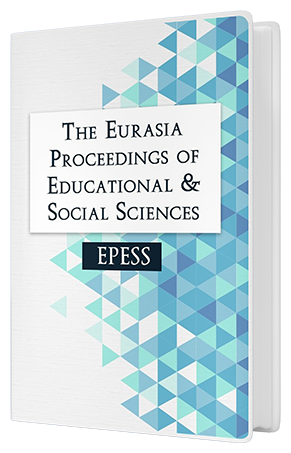A Miniature Smart City Experimental Set for Engineering Education
Keywords:
Smart city, Smart grid, ZigBee, Wireless control, Laboratory equipmentAbstract
This paper introduces a miniature experimental set demonstrating a smart city and its components for engineering education. The model prototype simulates the real life loads and energy sources in a small lab scale, employing the ZigBee communications and power control modules for many use cases in a typical smart city. The grids become smarter with the increase of renewable energy systems’ usage, distributed energy production, and the availability of control and communication technologies on power grids. Therefore the education institutions take actions to educate the students on the state of the art smart grid components. As a part of this goal, the miniature smart city model was developed and some interactive software applications have been embedded to mimic the real smart city applications for engineering education.Downloads
Published
Issue
Section
License
Copyright (c) 2018 The Eurasia Proceedings of Educational and Social Sciences

This work is licensed under a Creative Commons Attribution-NonCommercial-ShareAlike 4.0 International License.
The articles may be used for research, teaching, and private study purposes. Any substantial or systematic reproduction, redistribution, reselling, loan, sub-licensing, systematic supply, or distribution in any form to anyone is expressly forbidden. Authors alone are responsible for the contents of their articles. The journal owns the copyright of the articles. The publisher shall not be liable for any loss, actions, claims, proceedings, demand, or costs or damages whatsoever or howsoever caused arising directly or indirectly in connection with or arising out of the use of the research material. All authors are requested to disclose any actual or potential conflict of interest including any financial, personal or other relationships with other people or organizations regarding the submitted work.




